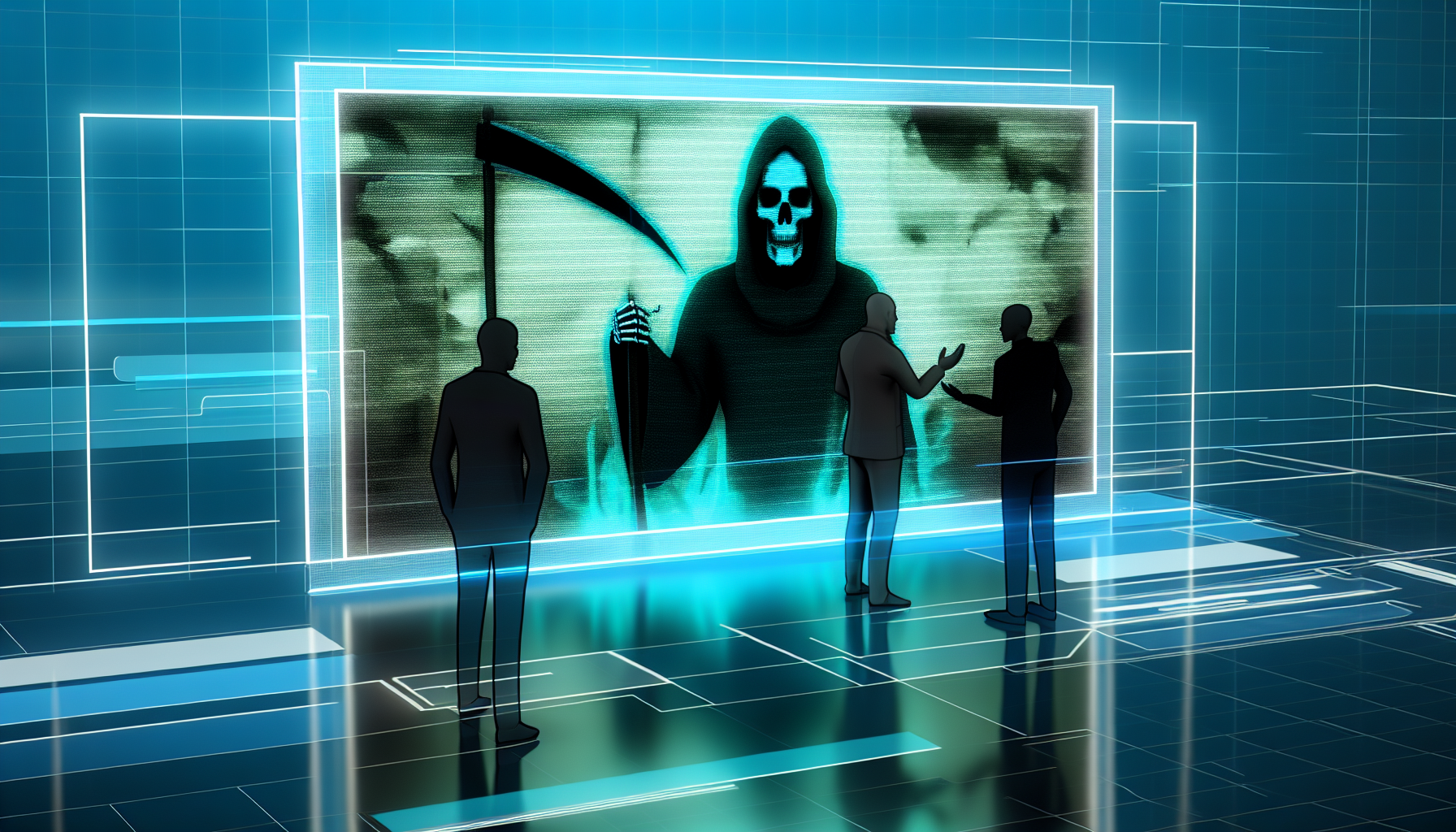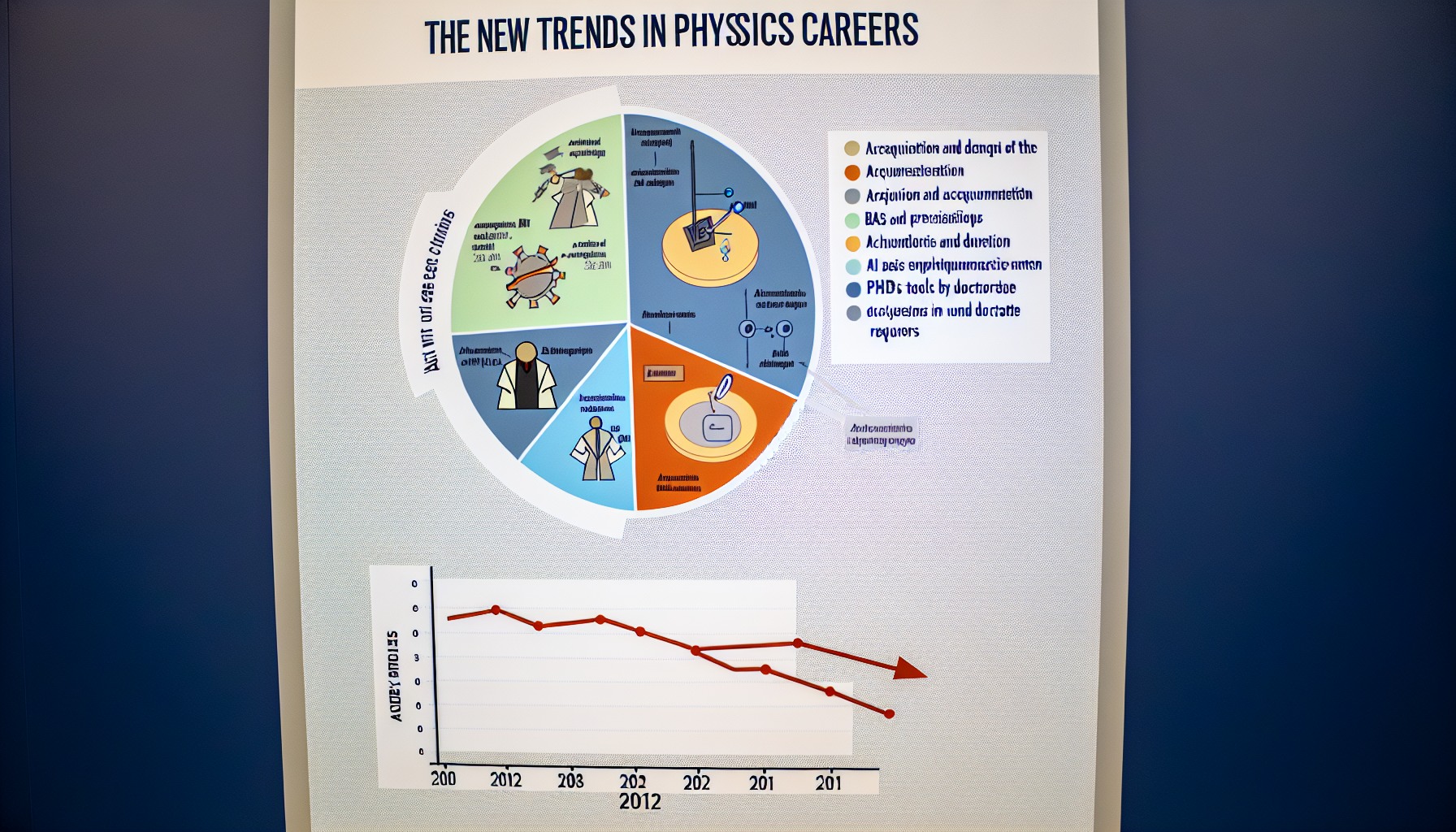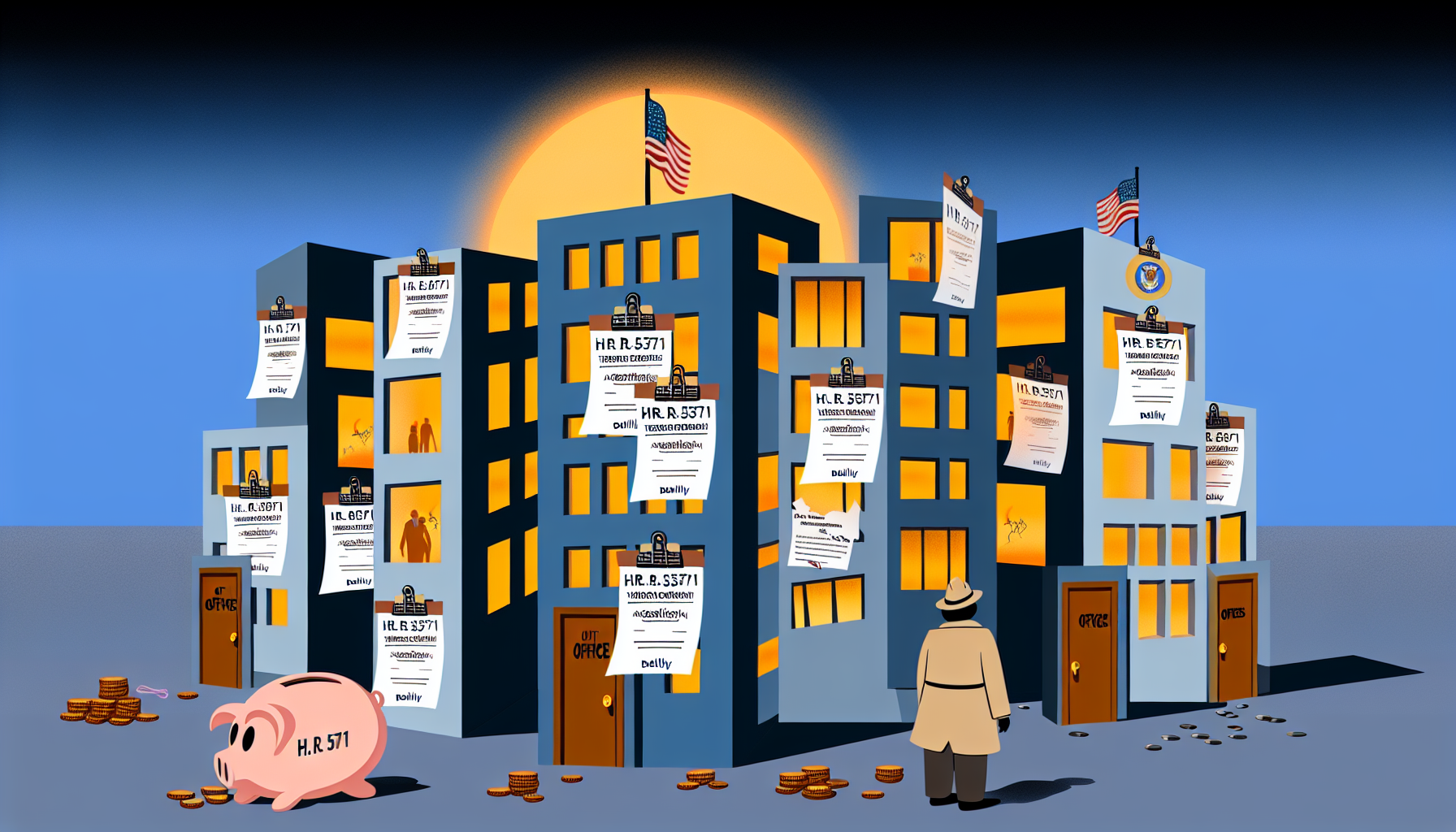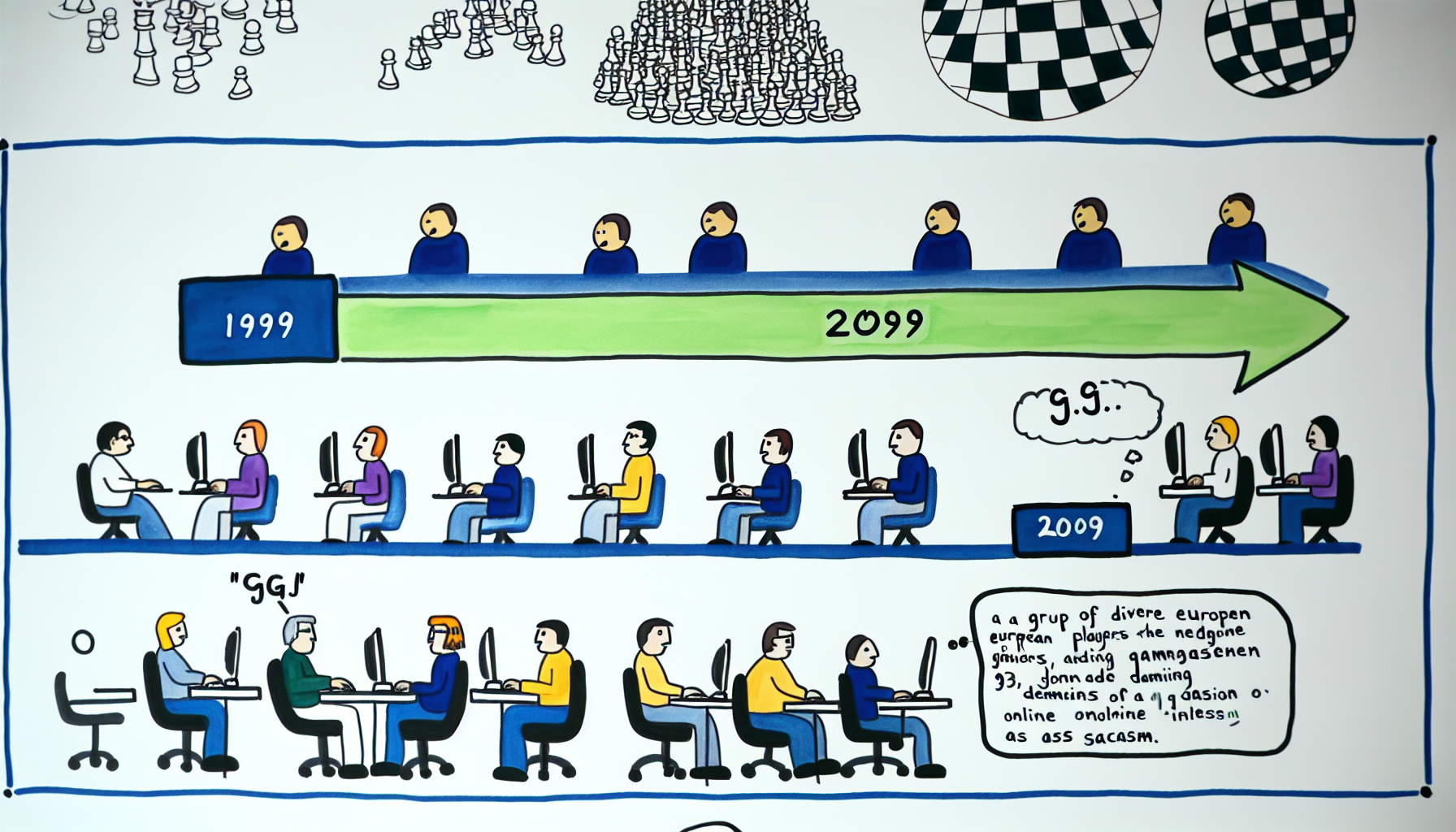Jimmy Kimmel used his first night back on ABC after a six-day suspension to accuse government officials of trying to silence him, calling such pressure “anti-American” and spotlighting a push by major station groups to preempt his return. The late-night host’s comeback, aired Tuesday following a reinstatement decision earlier in the week, unfolded amid a broader debate about political pressure on broadcasters, Federal Communications Commission scrutiny, and the limits of free speech for comedians in an election season.
Key Takeaways
– Shows ABC ended a six-day suspension on Sept 22, with Jimmy Kimmel returning Tuesday, Sept 23, after network-executive talks. – Reveals affiliate preemptions by Nexstar and Sinclair affected about 25% of ABC stations, limiting reach of Kimmel’s comeback episode across key markets. – Demonstrates officials’ pressure, including FCC chairman Brendan Carr, as Kimmel labeled government threats to silence comedians “anti-American” during his return monologue. – Indicates controversy unfolded from Sept 10 killing comments to Sept 24 coverage, spanning 14 days, triggering cross-party support and industry free-speech defenses. – Suggests pressure campaigns by two major station groups and Trump allies likely constrained distribution, even as dozens of entertainers publicly backed Kimmel’s speech.
Jimmy Kimmel’s six-day suspension and return timeline
Kimmel’s broadcast hiatus lasted six days, punctuating a tense stretch that began after his remarks tied to the September 10 killing of conservative figure Charlie Kirk. ABC executives met with the host, then lifted what had been described as an “indefinite” suspension, aiming for a return on a Tuesday schedule consistent with late-night production and affiliate windows. The network framed the decision as the product of dialogue rather than discipline, setting the stage for a closely watched comeback episode [4].
The reinstatement came with immediate distribution friction. Two of the country’s most influential station owners, Nexstar and Sinclair, signaled they would not carry Kimmel’s return on many of their ABC affiliates. Their preemption decisions spotlighted the power affiliates wield to alter primetime-to-late-night flow, even when networks restore a show and promote it nationally. The optics were stark: a reinstated host with a constrained clearance map at the moment of his rebuttal to critics [4].
On air, Kimmel intertwined personal gratitude with pointed criticism. He thanked supporters across the spectrum, including some conservative voices who defended the principle of a comedian’s right to perform without government threats. He then pivoted to the policy stakes, underscoring how political pressure can chill speech—even when a show survives a suspension and returns to the schedule. Those themes would reverberate through his monologue and the coverage that followed.
Why Jimmy Kimmel calls censorship “anti-American”
Kimmel’s signature line—“A government threat to silence a comedian the President doesn’t like is anti-American”—did more than score a rhetorical point. It established a legal and civic frame, casting the controversy not as a feud between a TV host and politicians, but as a test of whether governmental actors can use their influence to limit broadcast speech. The quote, delivered at the top of his return, became the defining pull from the episode [3].
Context mattered to the tenor of that monologue. Kimmel’s hiatus followed his comments connected to the September 10 killing of Charlie Kirk, a moment that prompted intense reaction online, corporate deliberations at ABC and Disney, and political responses. In his first show back, Kimmel condemned the murderer, called out pressure from FCC chairman Brendan Carr and other Trump allies, and read segments that underscored a core claim: comedians should not face governmental attempts to dictate who gets a platform on U.S. airwaves [2].
Kimmel’s “anti-American” framing carried historical resonance. Late-night comedy has long tested political boundaries, from satirical sketches to unsparing monologues. By placing government pressure at the center of his critique, Kimmel aligned his argument with speech protections and past battles over acceptable content, rather than with the day-to-day barbs typical of late-night. In doing so, he invited viewers to treat the episode as a free-speech test rather than a media scuffle.
Affiliate preemptions, FCC pressure, and broadcast implications
The dynamics extended beyond a host-versus-politicians storyline and into the infrastructure of American broadcasting. Affiliate decisions—especially when concentrated among a few large station groups—can dramatically curtail a program’s reach. Coverage documented that Nexstar and Sinclair led preemptions of Kimmel’s return, reflecting leverage that affiliates exercise even within the ABC-Disney corporate umbrella and despite a national reinstatement decision by the network [1].
The preemptions were not marginal. Reporting indicated that about a quarter of ABC stations did not air the return episode, a roughly 25% reduction in clearance that would dent any late-night program’s same-night footprint. In parallel, President Trump publicly criticized Kimmel and threatened ABC, while industry figures rallied to the host’s defense, describing political threats against comedians as a dangerous norm. The combined effect: a measurable restriction on access during the precise window when Kimmel answered his critics [5].
Regulatory context also shadowed the moment. While the FCC does not pre-approve late-night content, signals from agency leaders and political allies can influence corporate risk calculations. Broadcasters, particularly those with significant spectrum assets and pending business before regulators, may err on the side of caution when officials single out programs or personalities. This environment heightens the impact of even indirect governmental pressure on what viewers see.
Industry reaction and historical context
The industry response coalesced along a familiar line: defending the stage, even for material one might reject. Comedians and entertainers—by the dozen, according to coverage—voiced support for Kimmel’s right to perform without fear of government retaliation, invoking a tradition that runs from Lenny Bruce through modern-day hosts who mine politics for laughs. The underlying argument was less about any single joke and more about the system in which those jokes can be told.
For ABC and Disney, the episode presented a dual challenge: uphold creative independence while navigating relations with affiliates who control last-mile distribution in many markets. Station groups calculate risk differently than networks that own the IP; affiliates answer to local advertisers, local audiences, and, at times, local politics. That makes flashpoints like Kimmel’s return a referendum not only on a host’s words but also on affiliates’ tolerance for controversy at specific moments.
Political cycles intensify this calculus. In heavy news years, late-night jokes grow sharper, responses grow louder, and the margin for error—real or perceived—shrinks. When the government’s posture becomes part of the narrative, as Kimmel emphasized, the bar for broadcaster restraint rises further: preemptions and boycotts look less like programming choices and more like reactions within an ecosystem where regulators and politicians are watching.
What The Guardian, People, and Rolling Stone reported
A detailed accounting of the return night and the run-up emerged across major outlets. The Guardian chronicled the six-day suspension, the network’s reinstatement, and the mounting political pressure around ABC and Disney, including affiliate preemptions and mention of FCC involvement, while quoting Kimmel’s praise for supporters and condemnation of efforts to cancel him through government channels [1].
Rolling Stone highlighted the line that defined the night: “A government threat to silence a comedian the President doesn’t like is anti-American,” framing the broadcast as an emotional speech that placed Kimmel within a broader free-speech tradition rather than a one-off ratings play. That framing emphasized the stakes beyond a single host and episode, linking the case to cultural debates about who decides what’s acceptable on TV [3].
People published a full transcript of Kimmel’s monologue, pinning key dates—his return on September 23 and the catalyst on September 10—and naming officials he accused of pressuring broadcasters, including FCC chairman Brendan Carr. The transcript also recorded his condemnation of the murderer and thanks to unexpected conservative supporters, a combination designed to widen the coalition for speech protections beyond ideological lines [2].
What’s next for Jimmy Kimmel, ABC, and regulators
In the near term, three metrics will shape the post-suspension arc. First, clearance: does the percentage of ABC affiliates carrying Kimmel rebound above the roughly 75% level implied by the one-quarter preemption figure? Recovery toward full carriage would signal industry normalization; lingering gaps would suggest sustained pressure. Second, tone: will Kimmel maintain the same “anti-American” framing to deter further political interference, or shift back toward standard satire?
Third, regulatory noise: even without formal action, rhetoric from political figures and regulators can alter risk calculations at station groups. Affiliates with pending deals or renewals may be particularly sensitive, given their exposure to FCC oversight. Any public recalibration by officials could lower the temperature, while fresh criticisms might prompt new preemptions, making the clearance rate a real-time barometer of the political-media climate.
For ABC and Disney, the path forward involves reinforcing editorial independence while rebuilding relationships with affiliates that pulled the episode. Expect behind-the-scenes calls focused on market-by-market concerns, advertiser sensitivities, and contingency planning for future monologues likely to touch politics. The network’s decision to bring Kimmel back after six days signaled confidence in the show and the host; restoring 100% distribution would complete the reset.
The timeline, by the numbers
The controversy’s arc is unusually tight. It stretches 14 days from the September 10 killing that triggered Kimmel’s comments to September 24 coverage crystallizing the return debate. Within that span: an “indefinite” suspension that ultimately lasted six days, a reinstatement announced September 22, and a Tuesday return on September 23. Superimpose the affiliate map and the pattern sharpens—about 25% of ABC stations sat out the comeback.
These are not abstract figures. A six-day stoppage for a nightly show removes a full broadcast week from circulation. A one-quarter affiliate shortfall trims the potential audience in dozens of markets, including some of the country’s largest DMAs where Nexstar and Sinclair are prominent. And the 14-day window underscores how quickly a content dispute can harden into a governance fight once elected officials and regulators enter the fray.
The larger media lesson is arithmetic: clearance rates, not just corporate greenlights, determine whether a reinstated show truly returns. In that math, station groups are the pivot points. When the content is political and the scrutiny governmental, the difference between 75% and 100% carriage is not merely a ratings curve; it’s a visible measure of the climate for speech.
Source-by-source snapshot of the key claims
– ABC’s reinstatement decision and the Tuesday return plan were confirmed by network statements and contemporaneous reporting, alongside the note that Nexstar and Sinclair would not carry the comeback on many of their ABC stations [4]. – Kimmel’s precise words and the chronology threading September 10 to September 23 come from a published transcript of his monologue, which also named FCC chairman Brendan Carr among those exerting pressure [2]. – The “anti-American” line—framed as a warning against government efforts to silence comedians—anchored Rolling Stone’s account of the comeback episode and set the debate’s tone [3]. – The Guardian set out the six-day duration, described FCC involvement, detailed affiliate preemptions by Nexstar and Sinclair, and captured Kimmel’s salute to supporters and rebuke of attempts to pressure ABC and Disney [1]. – The clearest quantification of the preemption’s scope—about one-quarter of ABC stations—appeared in AFP’s reporting, which also noted President Trump’s criticism and industry voices defending Kimmel’s speech [5].
Sources:
[1] The Guardian – Jimmy Kimmel says silencing comedians is ‘anti American’, as his show returns to air after suspension: www.theguardian.com/tv-and-radio/2025/sep/24/jimmy-kimmel-says-trump-tried-his-best-to-cancel-him-as-his-show-returns-to-air-after-suspension” target=”_blank” rel=”nofollow noopener noreferrer”>https://www.theguardian.com/tv-and-radio/2025/sep/24/jimmy-kimmel-says-trump-tried-his-best-to-cancel-him-as-his-show-returns-to-air-after-suspension
[2] People – Everything Jimmy Kimmel Said in His Return to ABC – See the Full Transcript of His Monologue: https://people.com/everything-jimmy-kimmel-said-return-to-abc-full-transcript-monologue-11816007 [3] Rolling Stone (Australia) – Jimmy Kimmel Returns in Emotional Monologue, Calls Attempts to Silence ‘Anti-American’: https://au.rollingstone.com/tv/tv-news/jimmy-kimmel-live-comeback-episode-suspension-84085/
[4] PBS NewsHour (AP) – ABC ends Jimmy Kimmel’s suspension, says his late-night show will return Tuesday: www.pbs.org/newshour/arts/abc-ends-jimmy-kimmels-suspension-says-his-late-night-show-will-return-tuesday” target=”_blank” rel=”nofollow noopener noreferrer”>https://www.pbs.org/newshour/arts/abc-ends-jimmy-kimmels-suspension-says-his-late-night-show-will-return-tuesday [5] AFP via Ahram Online – TV host Kimmel says ‘anti-American’ for government to threaten comedians: https://english.ahram.org.eg/NewsContent/2/9/553721/World/International/TV-host-Kimmel-says-%3BantiAmerican%3B-for-govt-to-thr.aspx
Image generated by DALL-E 3









Leave a Reply